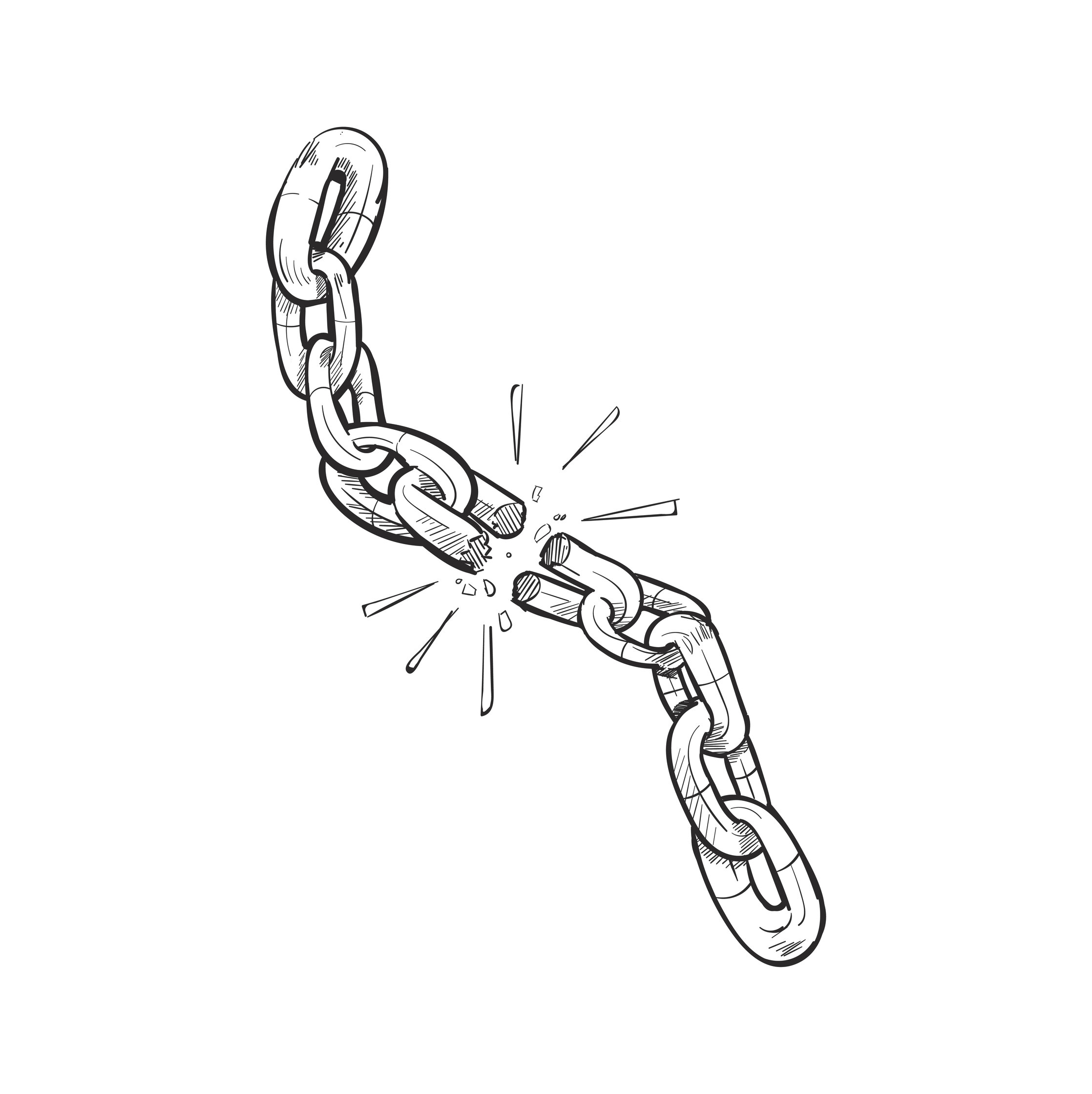#FreeLatifa: Can the internet free us?
By Hanna Wahab
The internet, it has everything, the good, the bad, and the evil. It can imprison us, but it can also free us. The internet is where we get our source of information, where we can reach friends, family, and the outside world, where we can learn about new things and get different perspectives. But some governments limit this, to control their citizens and keep them ‘in line’, because with this, is a source of power, and those already in power know this and feel threatened.
Let’s look at the UAE, although conservative, this is the most democratic and liberal country in the Gulf, although there’s some internet censorship, there is not a complete ban and citizens still have access to a wide set of information. But can we see this within the homes of those who implement democratic values in the country?
In 2018, a video of a member of the royal family went viral all over the internet, her name is Latifa, also known as Sheikha Latifa bint Mohammed bin Rashid Al Maktoum II
In this video, she claimed that she was being held hostage by her family in the UAE, she tells a detailed and heart-wrenching story of her suffering, family, torture, and imprisonment. The full video can be found here.
In one of her stories, Latifa talks about attempting to run away to help her imprisoned sister, who ran away previously and was unfortunately caught, Latifa was also caught and arrested by the police, where her father gave them orders to imprison her and torture her. With all this detail, we see that her rights were violated, particularly as her father was the leader of the UAE, this not only was a family issue but a political and humanitarian issue. As this video was posted, it quickly went viral where organisations such as Amnesty International took up her cause and advocated for her freedom. We also see that people internationally stood in solidarity and campaigned by signing petitions and contacting their MP’s, so that there could be a possibility for Princess Latifa to be free.
In 2021, a statement on behalf of Princess Latifa was released, where she states that she is ‘living life as she wishes’. We cannot see for sure the validity behind this statement, but what we can see is that she may be in a better state of freedom than before. Can we say that she could have been saved if she had never uploaded that video online? Without that video going viral, could she have reached the public, and eventually the international community with her cries for help? We cannot say for sure, but what we can say is that the internet had definitely lent a hand toward Princess Latifa’s freedom.
When looking at the case of Saudi women's rights activist Loujain al-Hathloul, who was arrested for her activism, we see that to appease Biden and harbour relations with the US, she was released after over 3 years, we cannot say that the internet had been the cause for her release. But without a doubt, the internet was a ‘base’ where many other activists were able to hear her story, and share their own stories too, it became a place of unity where they couldn’t lose hope in what they were fighting for.
So maybe the internet itself isn’t necessarily a solution for bringing freedom for people, but it does bring hope and a way for those in similar boats to connect with one another and encourage one another to keep fighting for freedom.


